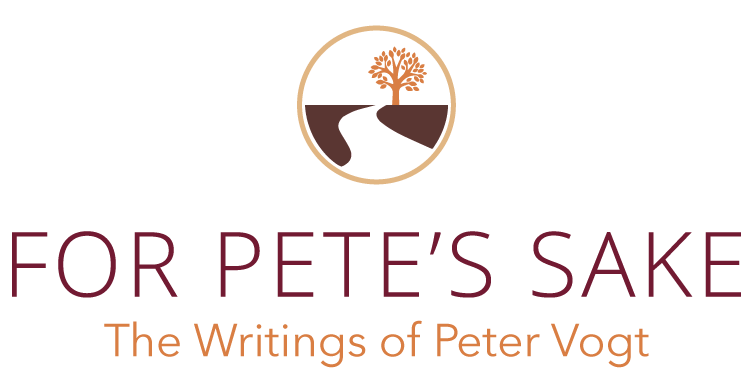Alzheimer’s May Destroy My Brain, But It Will Never Destroy Me
I don’t know a damn thing about Alzheimer’s disease. Not really. Nothing beyond the common man’s understanding that it is a merciless invader that destroys the brain from the inside out. Slowly. Painstakingly. Certainly.
Nope. I don’t have a degree in neurology from Harvard Medical School. I haven’t conducted a single double-blind study that will be cited in The Journal of the American Medical Association and highlighted on “NBC Nightly News with Lester Holt.” I haven’t even visited any mainstream web sites on Alzheimer’s, or read any books about it, or skimmed any magazine articles to learn the ins and outs from the experts.
I don’t really want to give Alzheimer’s any more than it’s already taking from me, to be honest with you. Because I see Alzheimer’s right in front of me — in the eyes of my nearly 81-year-old mother, Nancy.
 You know what, though? Those eyes tell me something that no Alzheimer’s guru can:
You know what, though? Those eyes tell me something that no Alzheimer’s guru can:
“Pete — I’m still here.”
My mom is still here. That much I do know, without the “Dr.” in front of my name or a long list of academic publications to my credit.
Is my mom’s brain being destroyed? I’m not so sure it’s that clear-cut, though I don’t have the remotest of credentials or expertise to argue the opposite.
To me, what’s really being destroyed is not my mom’s brain itself, but her ability to accurately communicate what’s in her brain. That’s what she’s telling me, at least. With those eyes of hers that look into my soul, like they always have — right to my core — and say:
“Peter — if ever there were a time when ‘look me in the eye when I’m talking to you’ really mattered, this is one of those times.
“Are you with me?
“Good. Then look me in the eye and listen carefully.
“Do not for a second believe that the gobbledegook coming out of my mouth these days is what I’m actually thinking and trying to say. It is not. I know it’s gobbledegook too, but there’s nothing I can do about it. Except trust that you’ll understand it’s gobbledegook, and rely on the fact that your dad and I worked hard to teach you to be perceptive and discerning in life. To use your head and common sense in tricky circumstances.
“You need to work with me to piece together our communications, Pete, because the wires on my end are twisted and fried beyond repair. I need you to learn my new language on the fly. OK?
“So here’s the deal, Pete. It looks like this …
“When you’re sitting next to me for music time here at the nursing home and I say ‘outside in the car,’ it really means ‘I know this song — I used to play it on the piano.’
“When I look up at you from my bed and mumble ‘it’s far away,’ it really means I’m tired and I’d like to go back to my nap.
“And when you’re holding my hand out in the rec room and I whisper ‘part of my leg is gone,’ it really means ‘I love you.’
“Do you understand?”
Yeah, Mom. I understand.
“Remember: I’m still here. And I’m still in here. Alzheimer’s will eventually destroy my body completely. But it will never destroy me.
“Got it?”
Got it, Mom.
Oh, Mom, just so you know: Part of my leg is gone too.

I’m a writer. An essayist, to be more exact. I tell stories here—true stories, from my own life, in hopes they will make a positive difference in yours.
I share laughs and tears, insights and observations, frustrations and realizations, relying all the while on the storytelling wisdom of Julia Cameron, author of The Right to Write.
It is a great paradox that the more personal, focused, and specific your writing becomes, the more universally it communicates.


Oh Pete … I’m so sorry your mom is not doing well. But what a lovely essay … I can see the love shining through.
Take care — ml
The disease is crappy. My mom passed away a year ago after living with it for about 10 years. I would spend a day with her every couple weeks while she was still at home. Those days were “eventful” but endearing. I treasured those days. I can certainly relate to your thoughts. Your mom is still in there!
Well said Pete. Your Mom is such a special lady to us all.
Peter this is amazing and so understanding on your part. My aunt nancy is a lucky lady to have you and your bro’s and sister. Miss you guys!
Patients with Alzheimer”s disease need 24-hour a day attention. Even if the caregiver has the resources to keep the patient at home during later stages of the disease, outside help is still essential. If available, home visits by a health profession can have a favorable impact on survival and delay the need for a nursing home.
What a beautiful love letter! I know your mom feels your love for her because I can feel it all these miles away. God bless you and your family.